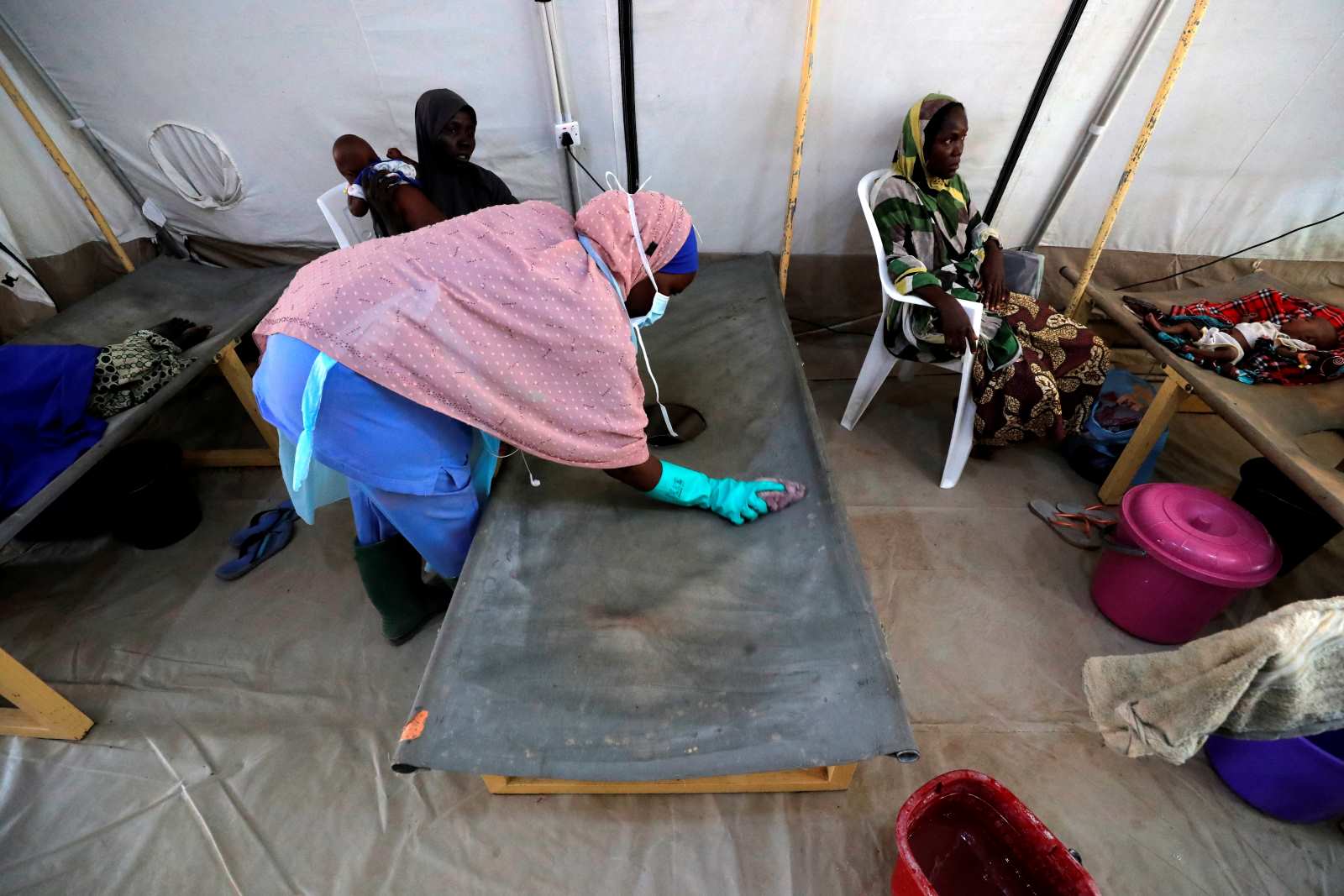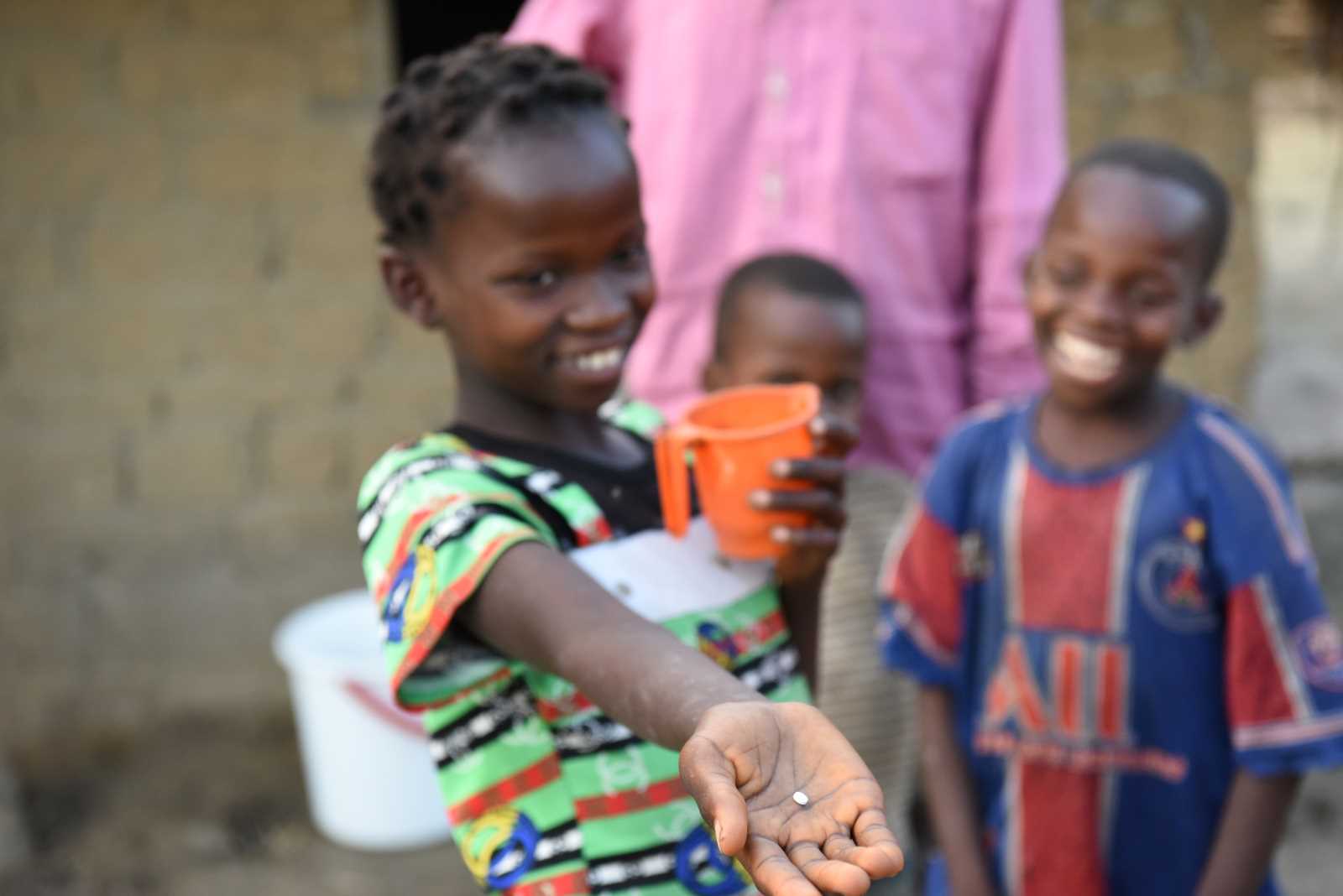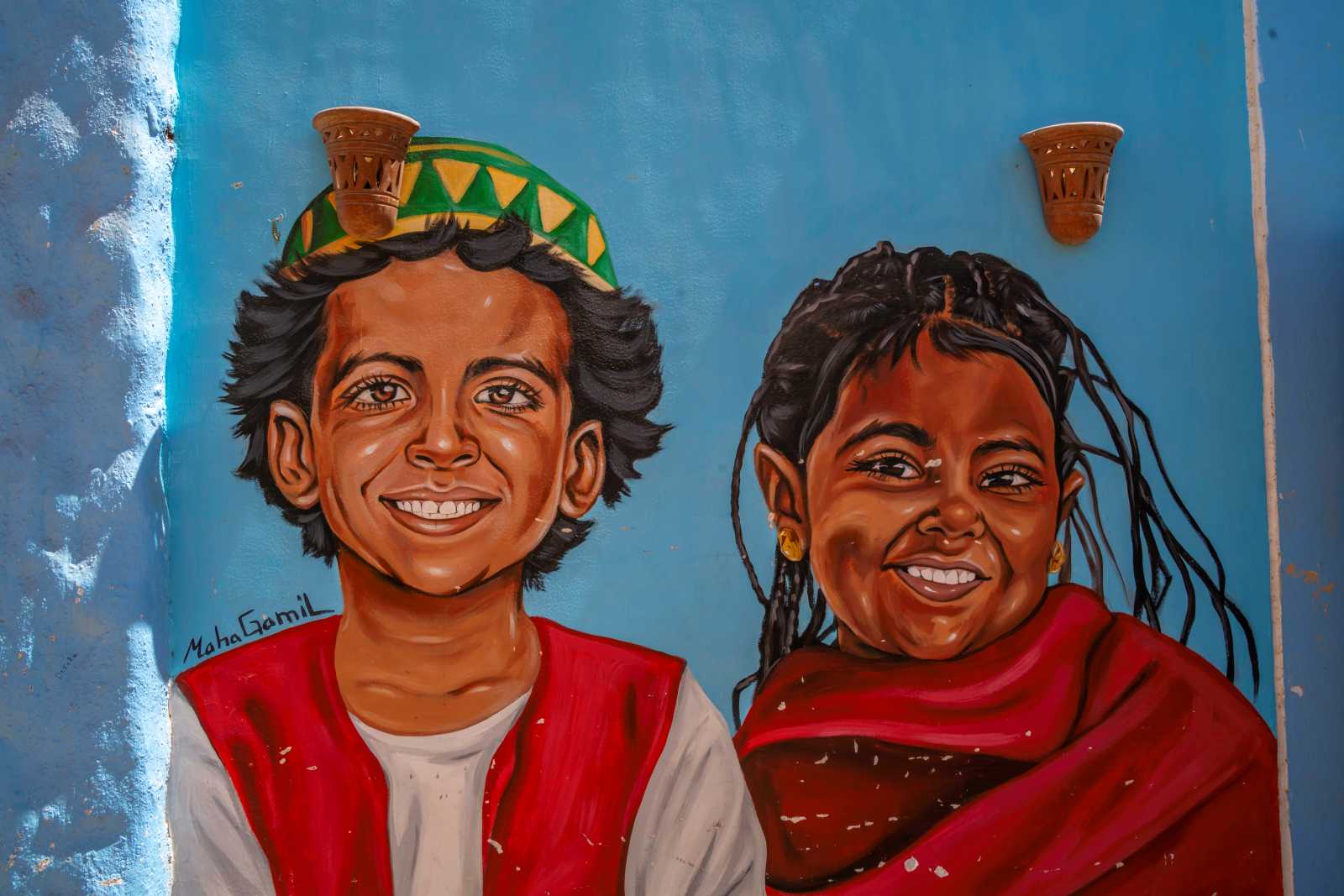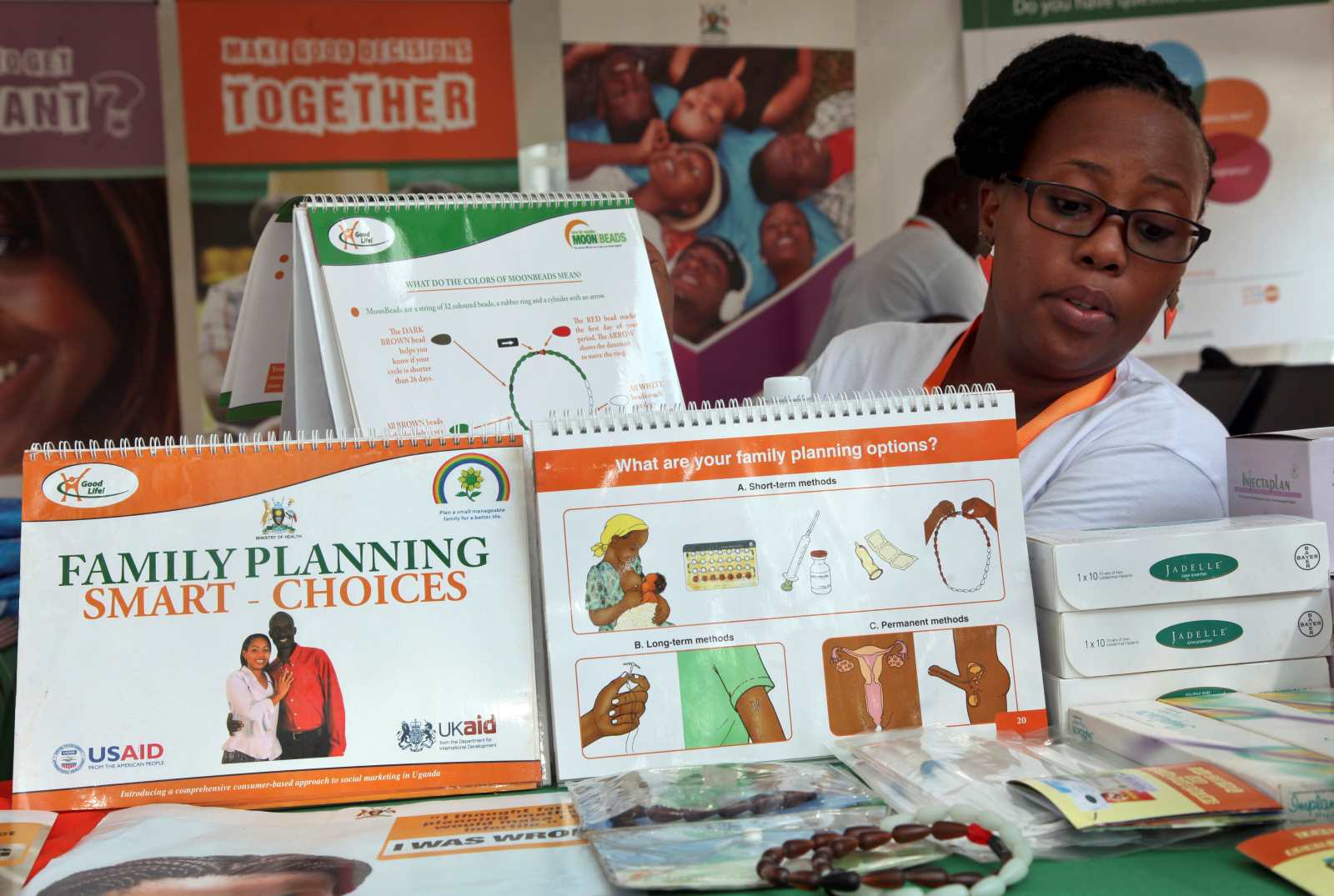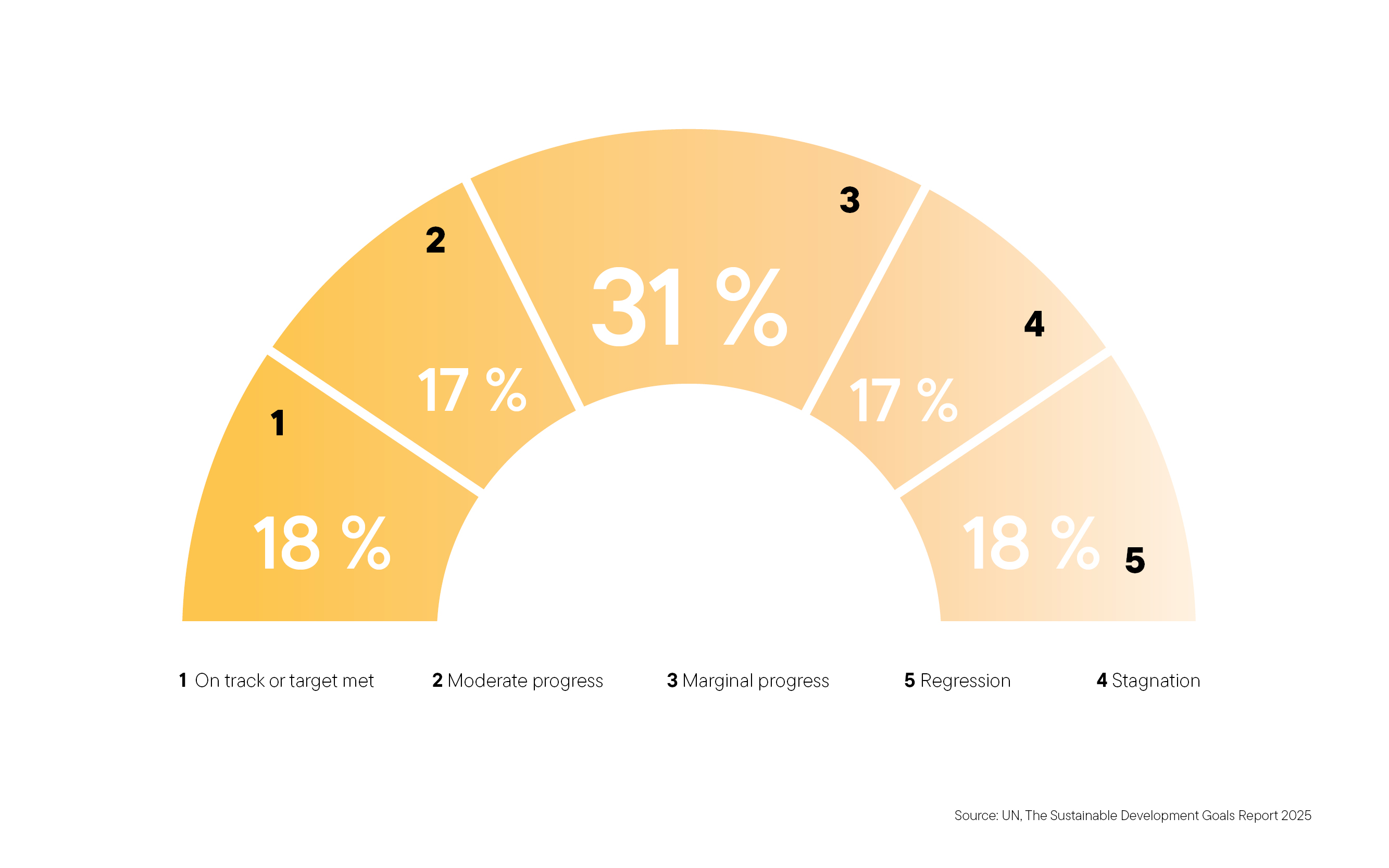Health
Communicating about non-communicable diseases

NCDs are on the rise in Nigeria. These diseases are exacerbated by lifestyle factors such as poor diet, physical inactivity, tobacco use and alcohol consumption.
Hypertension, the most common cardiovascular disease, affects over 29 % of adults in Nigeria, according to The Lancet’s 2021 Global Burden of Hypertension report, and is a major risk factor for heart attacks, strokes and other cardiovascular complications. The International Diabetes Federation estimates that around 5 million Nigerians live with diabetes. The majority of these cases are undiagnosed, putting people at risk of kidney failure, blindness or amputation. Chronic respiratory diseases, including chronic obstructive pulmonary disease (COPD) and asthma, are particularly prevalent in urban areas with high levels of air pollution.
Breast, cervical and prostate cancer are the most common types of cancer in Nigeria. Late diagnosis and limited access to treatment mean that many cases are only detected at an advanced stage, resulting in a high mortality rate – a trend detailed in Nigeria’s National Cancer Control Plan (2018-2022).
Besides causing premature deaths, NCDs impose a heavy economic burden on individuals, families and the nation as a whole. The high cost of treatment and the loss of productivity undermine Nigeria’s development efforts.
The wrong priorities
NCDs, however, are not always a high priority on the national health agenda. This omission – or simply the lack of prioritisation – must change. Addressing the issue requires a comprehensive approach that goes beyond healthcare. While prevention, early detection and disease management are essential, the crucial role of strategic communication is often overlooked.
Empirical evidence underscores the importance of communication in successfully combating NCDs. Strategic communication treats communication as more than a tool to publicise health policies and programmes. Instead, health policymakers should integrate communication into programmes’ design and implementation. What truly matters is what happens after information on policies and programmes has been issued.
It is crucial to distinguish between top-down campaigns and community-led initiatives. Conventional campaigns, often initiated by central authorities and managed by governments, policymakers and development partners, can be effective, but frequently fall short of fostering meaningful community engagement. As a result, those who most need health programmes are inadvertently left behind. For instance, campaigns that rely solely on billboards, radio ads or social media may reach large audiences, but often fail to drive lasting behaviour change at the grassroots level, particularly among underserved populations with limited access to healthcare or digital infrastructure.
The community level is crucial
Community-led campaigns – particularly those involving faith-based organisations (FBOs) and traditional leaders – have proven to be far more effective in driving change. These groups wield significant influence in their communities and are trusted sources of information and guidance. When such actors actively participate in health campaigns, their messages are more likely to be received and acted upon.
Several positive examples are documented in WHO and NCD Alliance reports on effective community-based NCD interventions. In Ghana, a campaign aimed at reducing salt intake – implemented in collaboration with local communities, FBOs and traditional leaders – led to a 2.5 mmHg drop in systolic blood pressure nationwide. Similarly, Senegal’s tobacco control efforts, which engaged religious leaders, contributed to a 15 % reduction in youth smoking rates. In Côte d’Ivoire, initiatives that deployed community health workers improved NCD management, resulting in a 30 % increase in early diagnoses of diabetes and hypertension in rural areas.
In Nigeria, a key outcome of the 64th National Council on Health in 2023 was the establishment of a “Health Promotion Day” to encourage preventive healthcare and raise awareness about healthy lifestyles.
Furthermore, non-communicable diseases are no longer just diseases of the elderly – they are increasingly affecting younger people as well. More than 33 million Nigerians are active on social media, the majority of whom are young. Therefore, social media plays a complementary role in strategic communication – it is an effective tool in this demographic to raise awareness and drive change. Young Nigerians are not only at risk from unhealthy lifestyles, but also in a unique position to lead the fight against non-communicable diseases. By becoming agents of change, they can use their online influence and community networks to promote healthier lifestyles, advocate for stronger policies and support their peers in making informed health decisions.
A whole-of-society approach
Tackling the NCD crisis requires cross-sector collaboration between stakeholders from health, education, agriculture, finance and beyond. The Nigeria Health Sector Renewal Investment Initiative (NHSRII) applies the Sector-Wide Approach to pool expertise and resources. Organisations like the WHO, Population Services International and the National Primary Health Care Development Agency play a key role. No single entity can combat NCDs alone – a comprehensive approach, involving government as well as the civil and private sector, is essential to mobilise resources and political support.
Beyond partnerships, the NHSRII reflects Nigeria’s domestic commitment to repositioning the health sector under the Renewed Hope Agenda of President Bola Ahmed Tinubu. It establishes national priorities – such as primary healthcare revitalisation, health security and digitalisation – that can accelerate NCD prevention and management.
However, this momentum must now move beyond frameworks into frontline implementation – particularly at the subnational level. States must activate their State Health Investment Plans in ways that foreground NCDs, with measurable budget allocations, community-mobilisation components and outcome tracking.
As we look ahead, the path forward is clear: We must strengthen efforts to communicate the dangers of NCDs, advocate for stronger policies and enhance cross-sector collaboration. By doing so, we can equip every Nigerian with the knowledge, tools and support needed to lead a healthier life.
Chinedu Moghalu is a strategic communications, human capital development and behaviour change expert, lawyer
and public policy adviser.
moghaluigwe@gmail.com

